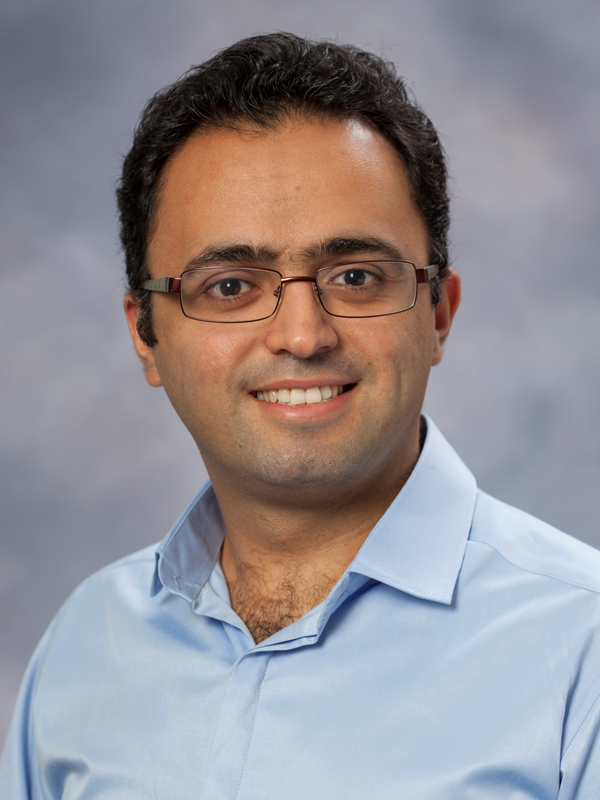
When we talk about reproducibility, what are we talking about?
- Event Type
- Seminar/Symposium
- Sponsor
- Industrial and Enterprise Systems Engineering, Dept. Head office & Graduate Programs office
- Location
- Room 1310 Digital Computer Lab (1304 W. Springfield Ave, Urbana)
- Date
- Feb 16, 2024 10:00 - 11:00 am
- Speaker
- Professor Amin Karbasi
- Contact
- BuuLinh Quach
- bquach@illinois.edu
- Phone
- 217-265-5220
- Views
- 252
- Originating Calendar
- ISE Seminar Calendar
*Presentation will be recorded.
Abstract:
The reproducibility crisis, a significant challenge in fields like biology, chemistry, and artificial intelligence, compels us to confront a fundamental question: Can we truly trust the outcomes of scientific research? Reproducibility, the cornerstone of scientific credibility, necessitates that experiments conducted under similar conditions and methodologies yield statistically indistinguishable results.
In this talk, our focus is specifically on artificial intelligence, where we investigate reproducibility in the context of learning algorithms. We seek to identify which learning problems permit statistically indistinguishable learning algorithms. Furthermore, we explore a crucial, often overlooked aspect: the trade-off between reproducibility and the speed of convergence in optimization algorithms. Our goal is to understand how the quest for rapid algorithmic solutions may affect the reliability and replicability of results.
It's important to highlight that this investigation is just the starting point of an algorithmic perspective on reproducibility. I hope this talk inspires more students/researchers to delve into this topic, advancing our collective understanding.
Bio:
Amin Karbasi is currently an associate professor of Electrical Engineering, Computer Science, and Statistics & Data Science at Yale University. He is also a staff scientist at Google NY. He has been the recipient of the National Science Foundation (NSF) Career Award, Office of Naval Research (ONR) Young Investigator Award, Air Force Office of Scientific Research (AFOSR) Young Investigator Award, DARPA Young Faculty Award, National Academy of Engineering Grainger Award, Amazon Research Award, Nokia Bell-Labs Award, Google Faculty Research Award, Microsoft Azure Research Award, Simons Research Fellowship, and ETH Research Fellowship. His work has also been recognized with a number of paper awards, including Graphs in Biomedical Image Analysis (GRAIL), Medical Image Computing and Computer Assisted Interventions Conference (MICCAI), International Conference on Artificial Intelligence and Statistics (AISTATS), IEEE ComSoc Data Storage, International Conference on Acoustics, Speech, and Signal Processing (ICASSP), ACM SIGMETRICS, and IEEE International Symposium on Information Theory (ISIT). His Ph.D. thesis received the Patrick Denantes Memorial Prize from the School of Computer and Communication Sciences at EPFL, Switzerland.